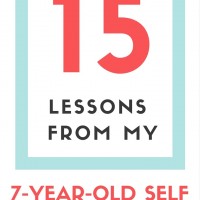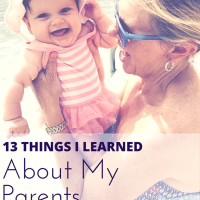
“Momma.”
“What?”
“Momma, momma, choooose.”
“Yes? What?” (Grabbing shoes.)
“MOMMA, MOMMA, MOMMAAAAAA, chooooooose.” (Pulling with all her 21-month-old might at my hand, which I must admit, is strong enough to move me.)
“What! What! What?!” (Trying fervently to strap shoes on a thrashing toddler as she tries to rip them off.)
At this point, all hell breaks loose, I lose my patience, feel guilty for wanting to just yell SHUT UP (a term I was raised is as serious as swearing and is a huge no-no), and the whining toddler is now inconsolable.
Perfect.
Oh, she said juice, not shoes.
In Defense of Toddler Tantrums
Does this sound familiar? Or maybe a variation of it? Maybe you were out running errands, trying to leave the house, or maybe you were in the middle of the mall – maybe a restaurant – maybe, because I see you mommas – I’ve felt your pain as I’ve watched this happen, offering a gentle, non-judgmental smile and a helping hand in your times of need.
I know the irritation you feel bubbling up inside as you try your best to control the volume of your scathing whisper through scary clenched teeth. Even though you still look great to an outsider, I know the fuming waves of hopelessness and rage making their way through your blood stream, your whole back wet with frustrated perspiration; you’re dying to wipe your forehead but want to maintain a composed image as you murmur threats and bribes after you’ve tried feigned sweet talk. I know because I’ve been there and I’ve seen you.
A conflict of interest
My daughter’s episodes normally happen when we’re at home, just the two of us, and to be fair, they’re pretty mild and short-lived (for now). I’m a pretty patient person, but when the whining and yelling becomes incessant, I feel like I’m going to lose it.
But then I got to thinking.
When do these tantrums usually happen? When I’m trying to get ready for work in the morning; when I’m trying to rush to clean the house before we leave; when I’m grading papers; when I’m racing against a deadline; when I’m preoccupied with something.
Then I got to wondering if I’m part of the problem, not my daughter. I’m busy when she’s trying to tell me something. I’m occupied when she wants to do something. I’m engaged in something else when even she’s confused about what she wants.
So isn’t that a problem with me, not her?
Putting myself in toddler shoes
Imagine squeezing yourself in those cute little moccasins or sparkle sneakers. Now imagine having the capability to know what you want, to really understand your specific desires but being unable to clearly communicate it.
Or imagine you’re having a rough day or just feel upset and don’t know why (I know this doesn’t happen to only me), and your friend keeps saying, “why are you in such a bad mood? What’s wrong with you? Can you just be quiet already?” That would surely send you into an even more aggravated mood, am I right?
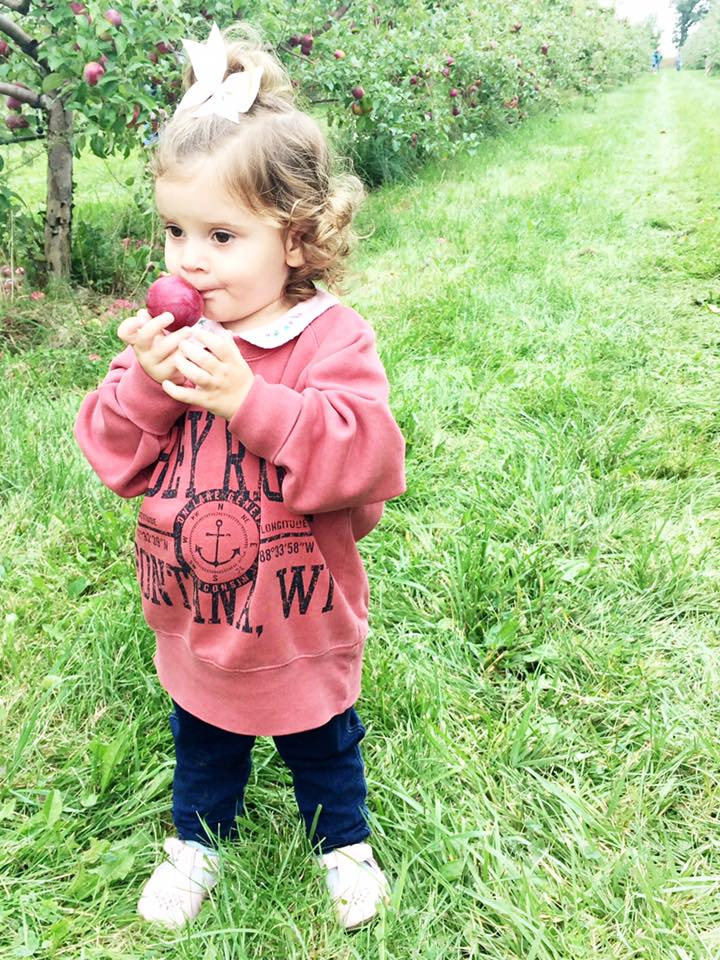
Or think about a time you relied on someone for a ride to a party; they want to leave, but you’re nowhere near ready for the festivities to end. Pretty annoying, eh? Or even better, when you’re on a phone call for customer service, trying to resolve an issue, and the language barrier between you and the representative gets you absolutely nowhere.
As a fully functioning adult, even I’m unable to communicate my needs at times, normally when it comes to what I want to eat and I’m starving and become crabby and nothing sounds good and nobody can help me. Wow, I really do sound like a cranky, unreasonable toddler! So many eerie similarities…
When I put myself in my daughter’s shoes, my heart aches a little and the guilt swells up over me. How frustrating it must be to have the ability to identify and understand your needs, know how you want them fulfilled, but not be able to clearly communicate it – or to be able to communicate it but not get the attention or outcome of your request.
To be completely reliant on someone else to fulfill your needs is a pretty daunting notion – I could never stand doing trust falls or blindfolded ice breaker activities because the feeling of being out of control and completely dependent on someone is unnerving, to say the least.
Responses to tantrums
Those sweet little munchkins can be deceiving – they look all cute and squishy and sweet but boy, do they know how to push your buttons! I think about typical ways I respond or hear others respond to their kiddos in these times of frustration:
- Be quiet!
- No. NOOO.
- Stop it.
- Stop it (snarled through gritted teeth). Right. Now.
- Cut it out right now.
- What do you want!?!?
- Wait until your father gets home… (following by a stoic, menacing glare)
Going back to the idea of putting yourself in a toddler’s shoes, think about it. When you’re crabby or not getting what you want, how would you react to these responses? Would your grumpy façade melt away to reveal your normal, cheerful self? I highly doubt it. I would be pissed! I would naturally escalate my irritability, or unnaturally escalate it just out of spite.
What would help you though?
- A hug?
- A calm voice?
- A helping hand?
- A composed, supporting friend who will ride this bad mood out with you?
- Someone to stop what they’re doing and listen- really listen to you?
There’s no guarantee, but I would say these responses would potentially help infinitely more than the first set of reactions.
Real-life application
I’m a high school teacher, but no matter your profession or past career, you can relate and apply real-world examples from the office to the toddler tantrum scenario.
As a teacher, what’s the worst thing you can do when a student acts out? Fall into their game; react; get mad; raise your voice; show how they got under your skin. From there, the situation escalates, giving the student a platform to showboat and ultimately assert their power over you – even if he or she gets in trouble, when you engage in their negative behavior and show your emotional response, you’ve completely lost control.
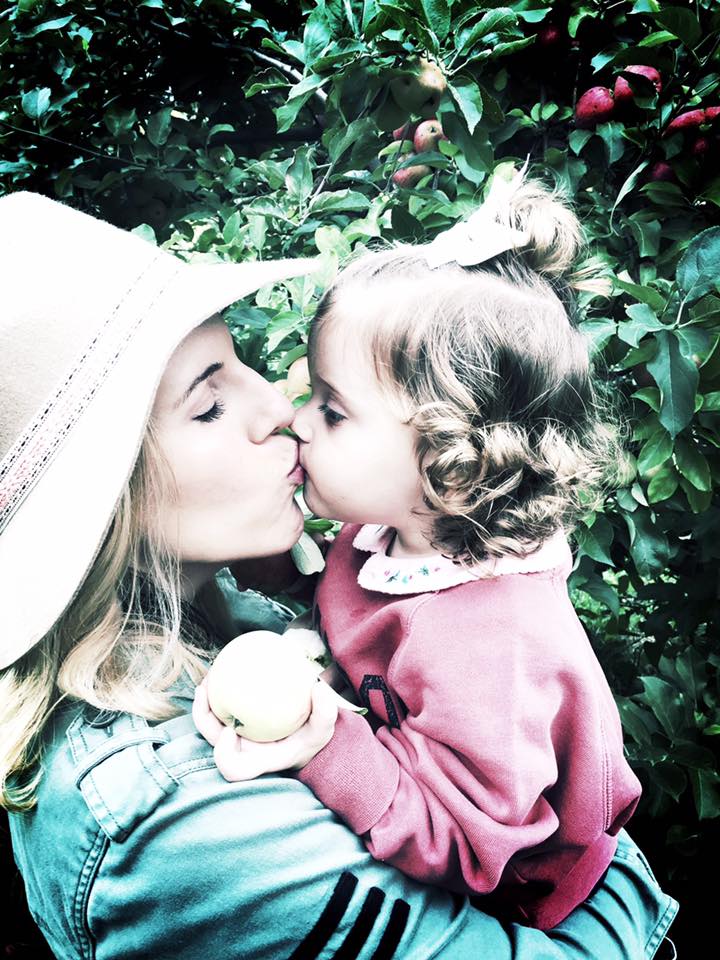
So what do you do instead? Remain calm, poised, and controlled. Handle the situation swiftly, firmly, but without emotion, and if anything, with an air of kindness. Just because a student misbehaves does not mean I have written them off – no, no, no, of course not. Even when I have had students yell, stand up and challenge me, lie to my face, and cheat, I’m never going to hate them – if anything, I realize those students need rules, order, and compassion more than anyone. Is this always easy? No. Is it always worth it? Yes.
Calmness to stop the storm
Taking this to the toddler scenario, while I can’t (and don’t want to…) hug a student in times of misbehavior, could your toddler benefit from this? Might they fight, kick, and struggle? Sure. But in my experience, when I’m at my breaking point and seconds away from completely losing it, I muster all of my strength, suppress my irritation, grab my kiddo, flailing and crying and all, and hug her tight to me.
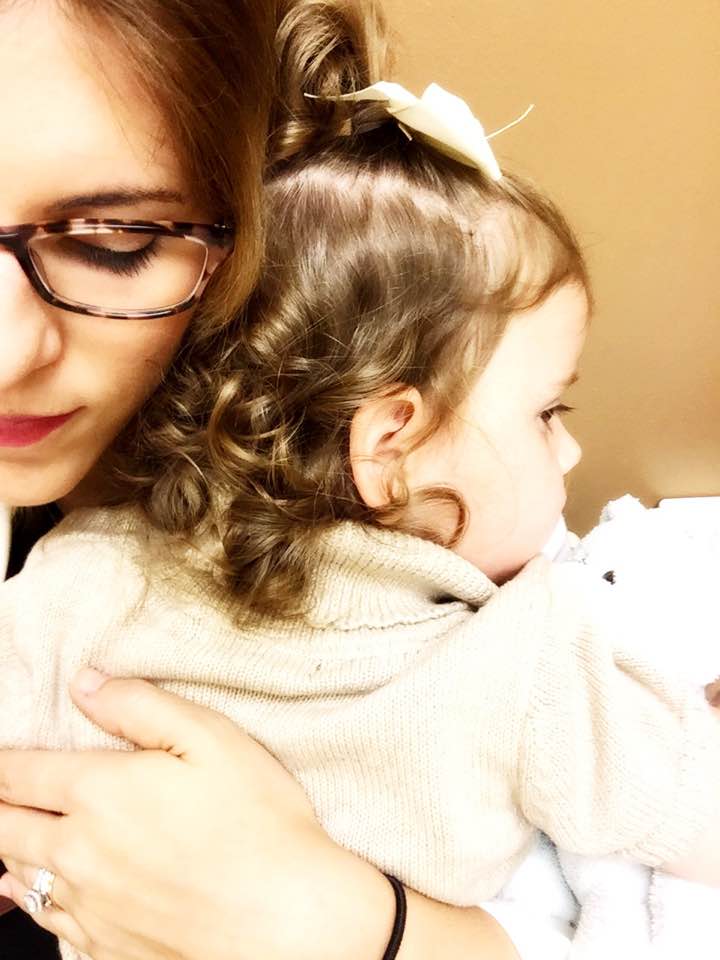
More often than not, this works. She calms down as I continue to hug her, whispering sweet things into her ear – not always right away, but I give it some time. I’ll hold her sweet little chubby, angry face and genuinely ask her what she wants – can she tell me? Can she show me? I’ll put away whatever I was working on and give her undivided attention as we embark on a quest to find what she wants – today, it was a necklace, yesterday, juice in the green cup, not pink, tomorrow, it could be she wanted to wear a dress, not the romper I put on her.
While her requests seem small and inconsequential, she is small. Her needs are small and harmless. But she has needs and I love that she knows what she wants. Does it sometimes conflict with my schedule? Yes. Does this create frustrated situations? Absolutely. But I need to stop trying to quiet her by forcing what I think she wants or should want and just take time to listen, to be present.
My job and blame
Ultimately, it’s time for me to realize that she is not fully to blame – it’s my job to teach her how to ask for what she wants, not scream it. It’s my job to teach her coping strategies when she can’t have what she wants. It’s my job to give her attention when she needs it and show her that just because I’m busy at this moment doesn’t mean I won’t tend to her request in a few minutes when I’m done.
No, I’m not excusing ridiculous toddler behavior; no I’m not saying toddler tantrums are okay and should go by with just a hug and no lesson or consequence. What I’m saying is that, while it’s not always easy to admit, I’m partly to blame, and I’m actually comfortably and happy to admit that, because the sooner I can accept my role and responsibility, the sooner I can tackle these tantrums from a more productive point of view.
Related posts: Sometimes Weird Green Poop is Just Weird. Green. Poop.; 2 Ingredient Play Dough Recipe; 10 Protein Packed Snacks for Toddlers.








